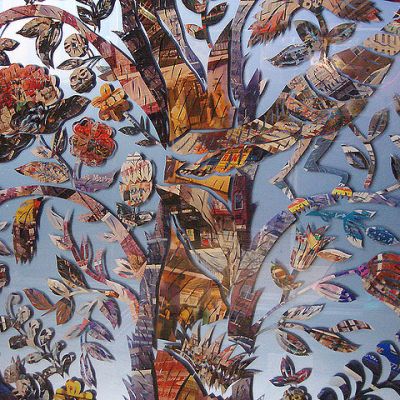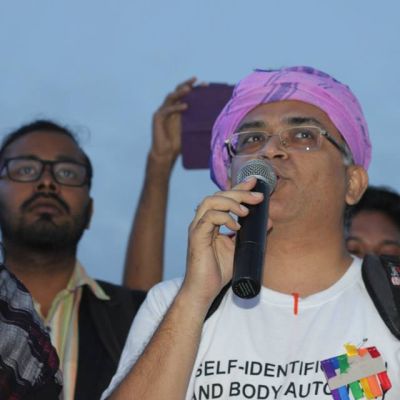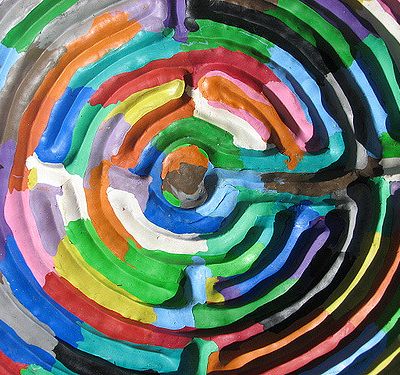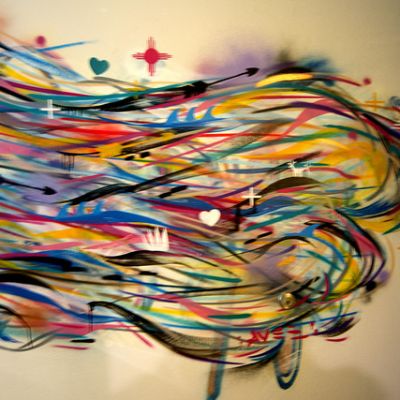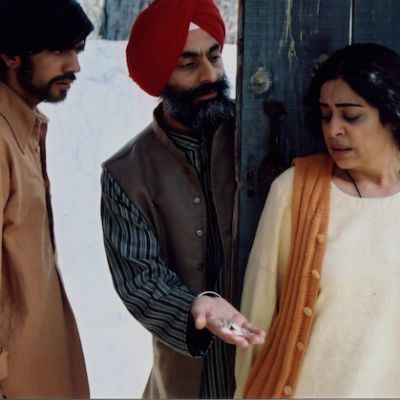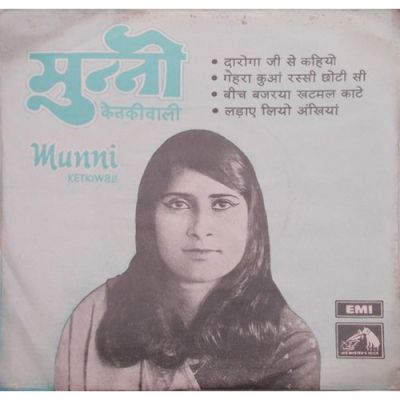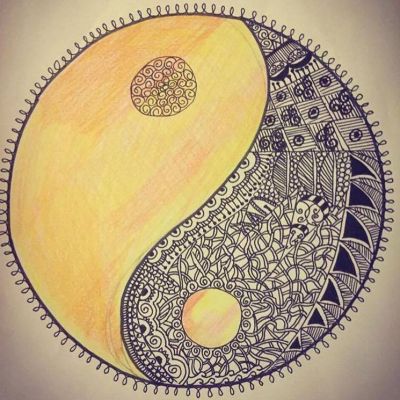Communities and Sexuality
To belong or not to belong? Some people define themselves through commonalities. There are some who define themselves through difference and then seek to find others who share that difference. They find commonality in a shared difference. Commonality is what makes for a community. To keep that commonality becomes an unwritten rule. What lets you in? What keeps you out? Every community tries to keep its members together. There are expectations, rules, impositions and, for the dissidents, punishments. Ironically, even communities of people who do not conform to mainstream norms of sexuality or gender have their own norms.
The abortion debate rages on, but the voices of those who’ve actually had abortions are ignored. Few people try to understand our lives. And we are never asked the most simple but important question: Why did you do it?
It is very easy to fall into the trap of believing that the survival of the larger group is more important than the rights of an individual. This is especially true in diasporic communities, where people are constantly struggling to keep their cultural identities intact while simultaneously assimilating to the majority culture just enough to survive.
Shikha Aleya: What are some of the biggest barriers you have faced in your efforts to create dialogue and visibilise…
Every contemporary debate, from homophobia and intolerance, finds an echo in the Rajasthani writer’s stories. Vijaydan Detha’s Dohri Zindagi starts…
वेरोनिका विडाल व् सुज़न टोलमे द्वारा संपादकीय नोट – इन प्लेनस्पीक के इस अंक में हम ‘समुदाय एवं यौनिकता’ के…
My entire life has been a struggle of confused identities. I stood at the intersection of gay, Muslim and economic privilege.
After writing the words “Community and Sexuality” as the working title of this piece, I attempted to begin writing many…
Who fights, who flees and who flows with the tide? Branching off from the community, with all the comforts that it offers, can become a true test of character.This year marks the 70th anniversary of the Partition of India – a significant chapter in our history when millions of people were faced with this dilemma.
In this issue of In Plainspeak, we interview Pawan Dhall, Founding Trustee of Varta Trust, queer activist, writer and social researcher. He is also the editor of the Varta webzine, promoting and sustaining dialogue on gender and sexuality, across diverse groups of people. As Pawan says, “We are all strung together on a spectrum of gender and sexuality, and we don’t have to be fixed at a single point on the spectrum throughout our lives.”
Let me begin with a confession. I have always loved the idea of marriage. What is one to do when…
I do not feel the need to fight the feminist war within these spaces all the time, now that it has become my home. I have come to terms with the idea that certain contradictions can co-exist peacefully like the yin and yang. But still, sometimes, my mind is roiled in conflict, with me cautiously trying to balance my two identities – the feminist and the army officer’s wife. Nevertheless, I am unwilling to give up one for the other (even if I might be perceived as being less of one of them). So I continue to be an individual with two seeming contradictions: a feminist army-officer’s-wife!
In many societies, women are assigned the role of ‘protecting’ or upholding tradition and culture. Their movements, behaviour and conversations…
शुरुआत में ही स्वीकार लेता हूँ की मुझे शादियों का बहुत शौक़ है। जब अपनी राजनैतिक सोच और व्यक्तिगत…
Community – your friends, family, neighbours – can be a source of great strength and support. However, in exchange for…

